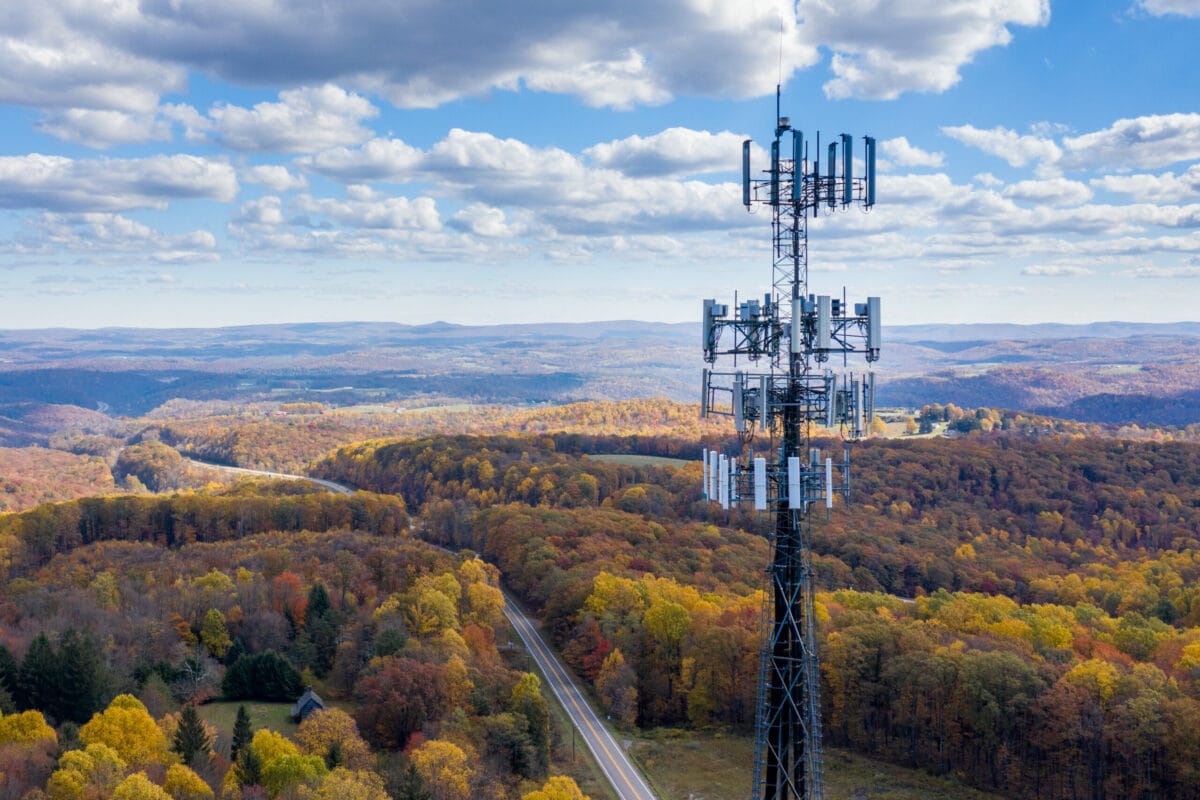Spectrum Stakeholders Comment on NTIA’s Proposed National Strategy
Trade groups and other organizations disagreed over issues such as spectrum sharing.

WASHINGTON, April 18, 2023 — A broad range of industry groups and other stakeholders on Monday provided recommendations for the National Telecommunications and Information Association’s proposed National Spectrum Strategy, showcasing widespread acknowledgement of the need for more spectrum alongside sharp disagreement over issues such as spectrum sharing.
In March, the NTIA requested public input on the strategy’s three pillars: developing a spectrum pipeline to ensure U.S. leadership, establishing a long-term planning process, and expanding access and capacity through technological development.
“Given the lack of ‘greenfield’ spectrum, future spectrum management must focus on making all systems, both commercial and governmental, as efficient as possible to encourage the best use of spectrum across all users,” said TechFreedom General Counsel James Dunstan in a statement. “This includes both transmitter and receiver performance efficiencies.”
While federal policy and market forces have driven commercial spectrum licensees to increase efficiency, Dunstan claimed that “similar forces have long been lacking among government spectrum users.”
Establishing a government spectrum fee could help incentivize these federal users to share or vacate spectrum, Dunstan said.
Similar concerns about federal spectrum use were expressed by the think tank Free State Foundation, which submitted comments saying that the government’s “substantial swaths of spectrum” were being underutilized.
The Free State Foundation argued that the National Spectrum Strategy’s short-term priority should be “accomplishing the repurposing of more mid-band spectrum for exclusive licensed use, starting with the 3.1-3.45 GHz band.” In addition, they wrote, the NTIA should generally “prefer licensing on an exclusive rather than on a shared basis.”
Other organizations, including the Wireless Internet Service Providers Association, advocated for increased spectrum sharing.
“On top of wired alternatives such as fiber, WISPs use licensed, shared and unlicensed spectrum as core infrastructure to carry reliable broadband to nine million Americans,” said Louis Peraertz, vice president of policy for WISPA. “Having more commercial spectrum would allow them and others to more flexibly achieve the national policy prerogative of universal service to all Americans quicker and at far less cost to taxpayers.”
Without new spectrum access, wireless networks will fail to meet demand within the next few years, according to a report from The Brattle Group released Monday by wireless trade association CTIA.
“Spectrum availability is the key to solving the capacity shortfall and Congress, the [Federal Communications Commission], and other policymakers should work to allocate more spectrum for licensed mobile uses in a timely manner,” the researchers wrote. “Otherwise, the U.S. may run the risk of losing leadership in the international wireless space due to unavailability of licensed spectrum.”
The stakeholder comments highlighted several other benefits of increased access to mid-band spectrum, including 5G deployment, innovation and international competition.
“Unlocking valuable mid-band spectrum will help bring 5G services to American consumers more quickly,” said Stephanie Joyce, senior vice president and chief of staff for the Computer & Communications Industry Association.
Joyce pointed to the lapse in the FCC’s spectrum auction authority after Congress failed to extend it in March, saying that it “forces us to rely on existing spectrum bands to bring emerging technologies to market in order to foster innovation and boost the U.S. economy.”
CTIA President and CEO Meredith Attwell Baker also expressed concerns about the auction authority, saying that its expiration and the current lack of a “pipeline of full-powered, exclusive-use licensed spectrum risks our ability to meet accelerating demand for wireless broadband, counter China’s ambitions, secure our economic competitiveness and enhance national security.”








